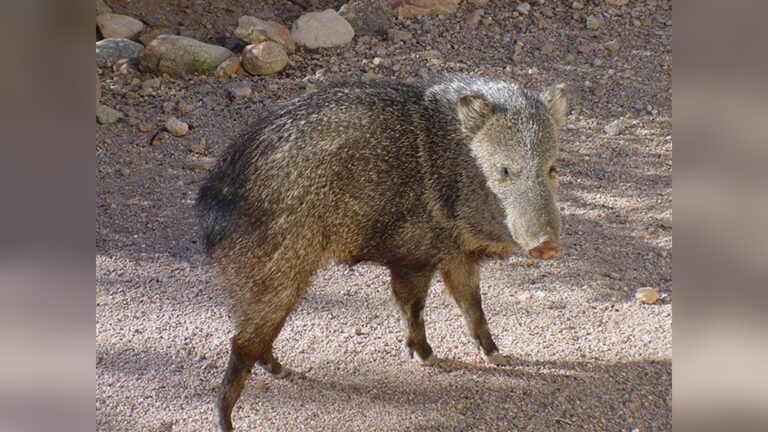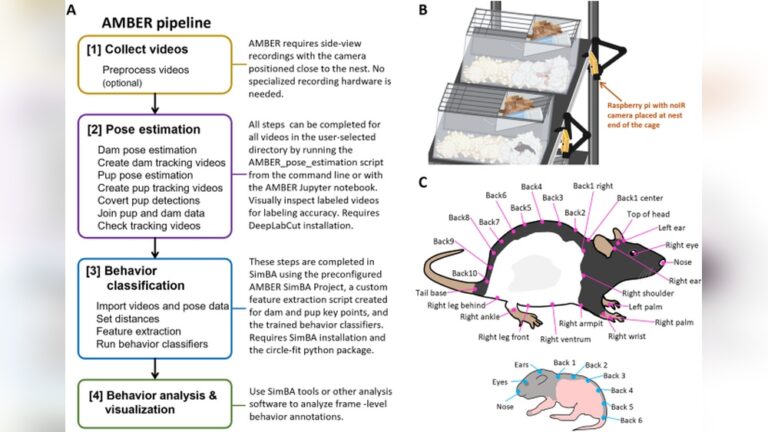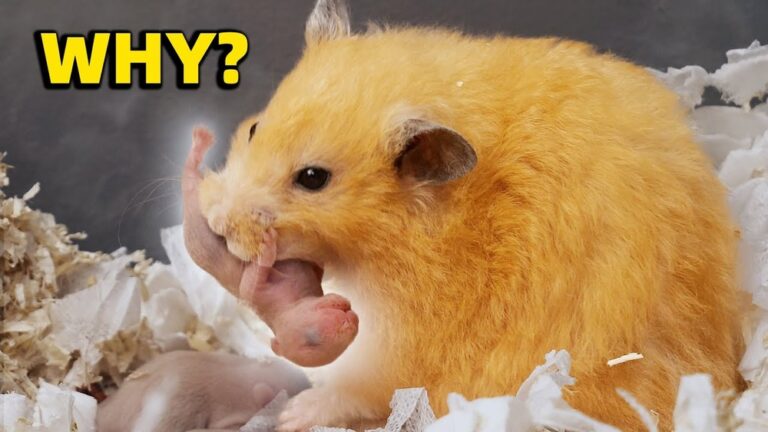Take Care Of Guinea Pigs: Essential Tips for Happy, Healthy Pets
If you have a guinea pig or are thinking about getting one, you want to make sure it stays happy and healthy. Taking care of guinea pigs may seem simple, but there are important things you need to know.
Your furry friend relies on you for food, shelter, and love. When you get these basics right, you’ll see your guinea pig thrive and form a strong bond with you. Ready to discover how to give your little pet the best life possible?
Keep reading, and you’ll learn easy tips that make a big difference.
Choosing The Right Guinea Pig
Choosing the right guinea pig is the first step to happy pet ownership. It affects your daily care and bonding experience. Picking a suitable guinea pig means finding one that fits your lifestyle and needs. Understanding their health and personality helps make a better choice. This guide helps you select a healthy and friendly companion.
Selecting Healthy Pets
Start by checking the guinea pig’s eyes and nose. They should be clear and free of discharge. Look for clean ears and a shiny coat without bald spots. The guinea pig should be alert and active, not lethargic. Avoid pets with signs of illness or rough fur. Choosing a healthy guinea pig reduces future vet visits.
Different Breeds And Personalities
Guinea pigs come in many breeds, each with unique looks and traits. Some have long hair, others short and smooth. Some breeds are calm, while others are more lively. Consider how much grooming you can do. Think about the personality that suits your home best. Understanding breeds helps you pick the right pet.
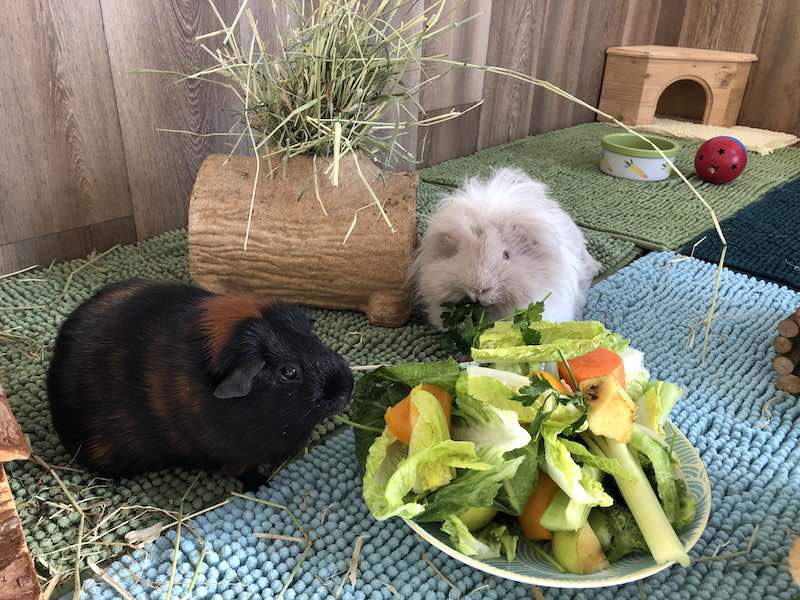
Credit: www.guineapiggles.co.uk
Creating A Comfortable Habitat
Creating a comfortable habitat is essential for a happy guinea pig. These small animals need a safe and cozy space to live. A proper habitat helps them feel secure and stay healthy. It also supports their natural behavior and activity.
Ideal Cage Size And Setup
Guinea pigs need plenty of space to move. The cage should be at least 7.5 square feet for one pig. Bigger cages are better for two or more guinea pigs. Use a cage with solid flooring to protect their feet. Add hiding places like tunnels or small houses. These spots give them comfort and privacy. Arrange food and water bowls where they are easy to reach. Keep the cage clean and dry to prevent illness.
Bedding And Nesting Materials
Soft bedding keeps guinea pigs warm and comfortable. Use paper-based or aspen wood bedding. Avoid cedar or pine, as they can harm their lungs. Change bedding regularly to keep the area fresh. Provide nesting materials like shredded paper or hay. Guinea pigs enjoy burrowing and making nests. This gives them mental stimulation and comfort.
Safe Location And Environment
Place the cage in a quiet, draft-free spot. Avoid direct sunlight or places with strong smells. Guinea pigs are sensitive to temperature changes. Keep the room between 65-75°F (18-24°C). Ensure the area is free from loud noises and other pets. This helps reduce stress and keeps your pet calm. Good ventilation is important but avoid cold drafts.
Nutrition And Feeding
Proper nutrition is key to keeping guinea pigs healthy and happy. Feeding them the right foods helps their digestion, teeth, and immune system. A good diet supports their energy and overall well-being.
Balanced Diet Essentials
Guinea pigs need a diet rich in fiber and vitamin C. Fresh hay should be available at all times. It helps wear down their teeth and aids digestion. Pellets made for guinea pigs provide essential nutrients. Choose pellets with added vitamin C. Avoid pellets with seeds or nuts.
Fresh Vegetables And Fruits
Daily servings of fresh vegetables are important. Leafy greens like romaine lettuce and kale are excellent choices. Carrots and bell peppers add variety and vitamin C. Fruits can be treats but given in small amounts. Strawberries and apples are favorites. Wash all produce thoroughly before feeding.
Avoiding Harmful Foods
Some foods can harm guinea pigs. Never feed them chocolate, onions, or garlic. Avoid iceberg lettuce; it has little nutrition. High sugar and fatty foods can cause health issues. Always skip processed human foods. Clean water should be available at all times.

Credit: www.oxbowaustralia.com
Daily Care Routine
Taking care of guinea pigs daily ensures they stay healthy and happy. A simple routine helps you keep track of their needs. Small, regular actions make a big difference in their life.
Daily care includes cleaning, grooming, and gentle handling. These tasks help build trust and keep your pet comfortable.
Cleaning And Maintenance
Clean the cage every day by removing soiled bedding. Replace it with fresh, dry material to prevent smell and illness. Check food and water bowls for cleanliness and refill them daily. Remove leftover vegetables to stop mold growth. Spot clean any messes to keep the environment safe.
Grooming Tips
Brush your guinea pig’s fur gently to remove loose hair. This stops mats and keeps the coat shiny. Trim nails carefully every few weeks to avoid pain or injury. Check ears and teeth for signs of problems. Healthy grooming keeps your pet comfortable and bright.
Handling And Socialization
Hold your guinea pig with care and calm hands. Support its body to make it feel safe. Talk softly to help it get used to your voice. Spend time every day playing or cuddling. Regular contact helps your pet trust you and reduces stress.
Health Monitoring
Taking care of guinea pigs means watching their health every day. Healthy guinea pigs are active, eat well, and have bright eyes. Knowing how to spot illness early helps your pet stay happy longer. Regular checks can catch problems before they get worse. Here are some key points to keep your guinea pig healthy.
Recognizing Common Illnesses
Look for signs like loss of appetite or weight loss. Runny eyes or nose can mean a cold or infection. Changes in breathing or coughing are serious warning signs. Limping or trouble moving may show injury or pain. Keep an eye on their fur and skin for bald patches or sores. Early detection leads to faster treatment and better recovery.
Regular Vet Visits
Schedule vet visits at least once a year. A vet checks teeth, weight, and overall condition. They can spot health issues you might miss. Vaccinations and parasite checks happen during these visits. Regular exams keep your guinea pig in top shape. Always find a vet familiar with small pets like guinea pigs.
Preventive Care Practices
Keep your guinea pig’s cage clean to avoid infections. Provide fresh water and healthy food daily. Use safe bedding and change it often. Handle your pet gently to reduce stress. Monitor their behavior and energy every day. Good care lowers the risk of illness and keeps them happy.
Enrichment And Exercise
Guinea pigs need enrichment and exercise to stay happy and healthy. They enjoy activities that keep their minds busy. Exercise helps their muscles and keeps them from getting overweight. Providing different ways to play and explore makes their lives better.
Toys And Activities
Simple toys like tunnels, chew sticks, and balls keep guinea pigs entertained. These items help them explore and use their senses. Rotate toys often to keep things fresh and exciting. Safe chew toys also help maintain their teeth health.
Safe Playtime Ideas
Set up a play area with soft bedding and no sharp edges. Let guinea pigs roam in a small, enclosed space. Use cardboard boxes or tubes for hiding spots. Always watch them during play to avoid accidents.
Encouraging Natural Behaviors
Provide hay piles for foraging and nibbling. Add small ramps or platforms to climb. These encourage digging, exploring, and running. Mimicking their natural habits keeps them active and happy.
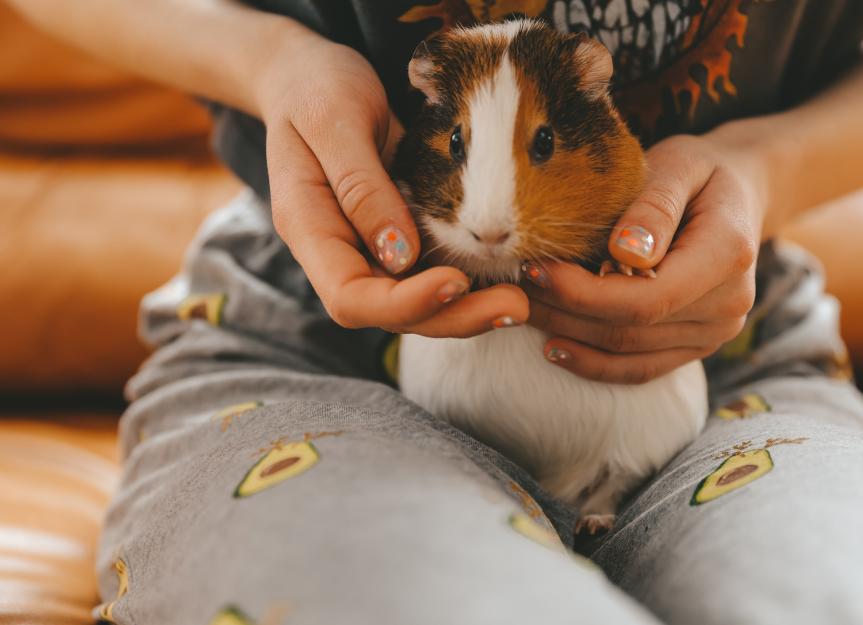
Credit: www.petmd.com
How Smart Pets Lover Can Help You with Take Care Of Guinea Pigs
Learning Through Caring: Practical Ways to Understand Your Guinea Pig’s Needs
Taking care of guinea pigs opens up a wonderful chance to learn not only about their unique behaviors but also about responsibility and empathy. When you focus on creating a comfortable habitat and maintaining a daily care routine, you naturally tune into their preferences and signals. This hands-on approach builds a deeper connection, making every moment with your furry friend meaningful.
For example, observing their eating habits helps you understand nutritional needs, while regular health monitoring sharpens your awareness of subtle changes. These experiences teach valuable lessons in patience and attentiveness — qualities that resonate beyond pet care. At Smart Pets Lover, we believe these practical learning opportunities nurture both pet and parent, fostering a bond where every wag, purr, and chirp truly tells a story.
If you ever feel uncertain, reaching out to local vets or pet communities can provide guidance and reassurance. Remember, every step you take in caring for your guinea pig is a step towards becoming a confident, informed pet parent.
Frequently Asked Questions
How Often Should I Clean My Guinea Pig’s Cage?
Clean your guinea pig’s cage at least once a week. Spot-clean daily to remove waste and uneaten food. Regular cleaning prevents odors, keeps your pet healthy, and reduces the risk of infections. Use pet-safe disinfectants and fresh bedding each time.
What Is The Best Diet For Guinea Pigs?
Guinea pigs need fresh hay daily, plus fresh vegetables like bell peppers and leafy greens. Provide vitamin C-rich foods since they can’t produce it naturally. Avoid sugary or fatty treats. Fresh water should always be available to keep them hydrated and healthy.
How Much Exercise Do Guinea Pigs Need Daily?
Guinea pigs benefit from at least 30 minutes of exercise outside their cage daily. Use a safe, enclosed space for free movement. Exercise helps maintain their physical health, prevents obesity, and reduces stress. Supervise them to avoid injuries or escapes.
Can Guinea Pigs Live With Other Pets?
Guinea pigs generally do well with other guinea pigs but may stress around cats or dogs. Introduce new pets cautiously, ensuring the environment is safe and calm. Avoid interactions that may cause fear or harm. Always supervise cross-species meetings carefully.
Conclusion
Caring for guinea pigs brings joy and responsibility. They need clean homes, fresh food, and gentle handling. Spending time with them helps build trust and friendship. Watch their health closely for any signs of illness. Simple steps keep your pets happy and healthy.
Guinea pigs thrive with love and proper care. Enjoy the special bond you create every day. Small efforts make a big difference for these gentle animals.




